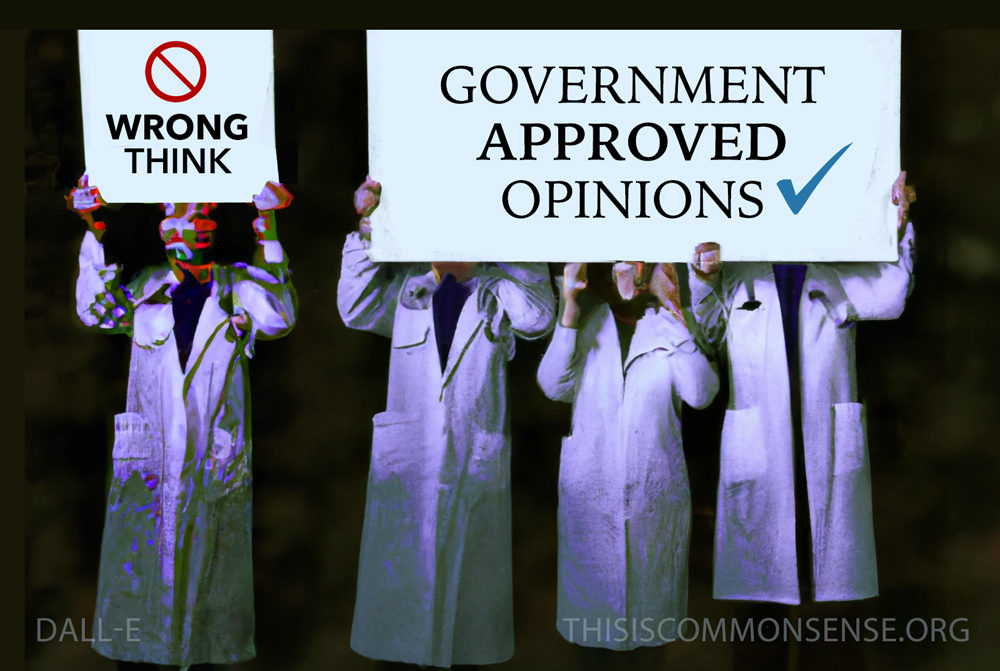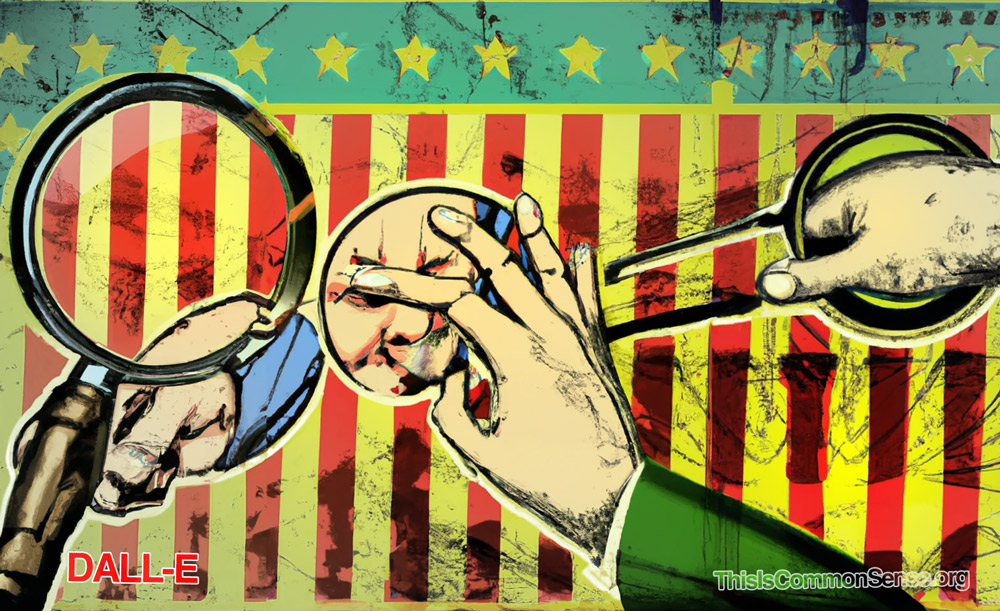Is Taiwan, the island democracy of 24 million, really caught in the nation-state equivalent of a lovers’ triangle?
“Taiwan is caught in the middle of escalating tensions between the U.S. and China,” is how National Public Radio headlined its recent story about Communist Party-ruled China “speeding up its plans to seize Taiwan.”
“Entangled in a geopolitical power struggle between the US and China, the wants of the Taiwanese people get overshadowed,” informs CNA, the Singapore-based English language news network, pitching its weekly hour-long news program, Insight, which sought to present “the Taiwanese perspective to being caught between giants.”
Nothing new.
“As China challenges the global dominance of the United States,” NBC News reported back in 2020, “tiny Taiwan finds itself stuck, rather uncomfortably, smack dab in the middle of the conflict between the two international giants.”
The Taiwanese are no doubt uncomfortable. In a recent survey, nearly 40 percent now believe a Chinese military invasion, killing tens of thousands or hundreds of thousands or more, to be likely.
They are not torn, however, between two superpowers. Taiwan is — most assuredly — not preparing to defend against an armed attack by the United States.
In fact, Taiwan is coordinating its national defense efforts with the U.S., hoping and praying for direct U.S. help in defending themselves from totalitarian China.
Taiwan is not stuck with us. Nor we with them. We are simply allies in deeply valuing societies where individual lives matter.
Against a superpower for whom they don’t
This is Common Sense. I’m Paul Jacob.
Illustration created with DALL‑E
See all recent commentary
(simplified and organized)
See recent popular posts









